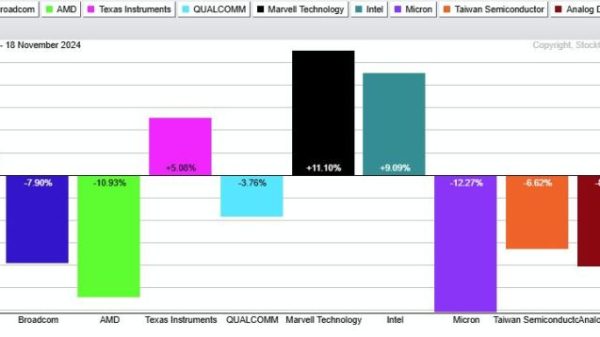The consumer discretionary sector is where companies offer goods and services that are considered non-essential, such as automobiles, hospitality, and leisure products. The performance of discretionary stocks depends on the state of the overall economy and individual income. When humans have more disposable income, they spend more on these goods and services, and when times are tough, these are the things they can live without. Despite being non-essential, these companies can offer investors high returns, especially in times of economic prosperity. Here are some top consumer discretionary stocks to consider for portfolio diversification.
1. Amazon (AMZN): No consumer discretionary list can be complete without the world’s largest online retailer. As more individuals order goods online, the company’s profits have skyrocketed, particularly during the COVID-19 pandemic. Its dominance in e-commerce, cloud computing via Amazon Web Services, streaming services, and even grocery delivery make it a consistent candidate for high growth, and its wide portfolio of services shelter the stock from retail-specific downturns.
2. Tesla Inc (TSLA): Tesla, the electric car manufacturing behemoth led by Elon Musk, offers a variety of products outside the traditional automotive sector-making it an appealing discretionary stock. The company’s growth prospects look positive, with increasing interest in electric vehicles, renewable energy products, and autonomous driving technology.
3. Home Depot (HD): Home Depot is another leading consumer discretionary stock to consider. While a home improvement store may not seem like a discretionary spend, in booming housing markets or during periods of extended home confinement, these stores view business surge. The trend towards DIY projects, home renovations, and the booming housing market, particularly in suburban areas, maintain Home Depot in an interesting position for growth.
4. McDonald’s (MCD): Another key player in this sector is McDonald’s. Despite fluctuations in the economy, the fast-food giant tends to fare well due to its globally recognized brand, effective marketing, and ability to adapt to changing consumer tastes and preferences. As economies re-open after the pandemic, the fast-food industry is expected to thrive again.
5. Nike (NKE): The name Nike is synonymous with premium sports footwear and attire that buyers are inclined to pay more for. Its extensive diversified global presence and commitment to innovation and design contribute to making it a solid pick in the consumer discretionary sector. Its focus on direct-to-consumer online sales represents a significant opportunity for growth in the future.
6. Walt Disney Co. (DIS): Entertainment giant Walt Disney adds another dimension to the consumer discretionary sector with its myriad of offerings ranging from theme parks and resorts to streaming services. With the successful launch of Disney+, the company has tapped into the lucrative streaming market, providing a steady subscription-based revenue stream.
These companies exemplify the variety in the consumer discretionary sector and the potential returns they can offer investors. As always, each investment should be thoroughly researched and considered in the context of one’s investment strategy and risk tolerance. Remember, diversification is key in maintaining a healthy portfolio, and while these discretionary stocks have potential, they should be balanced with investments in other sectors as well.
































